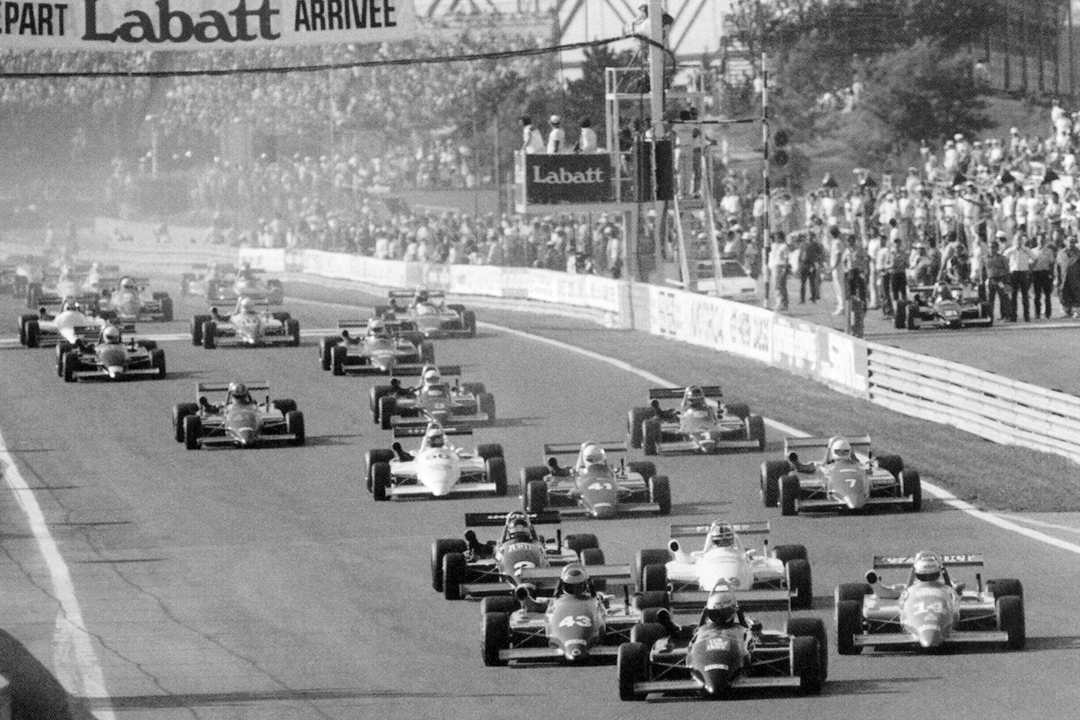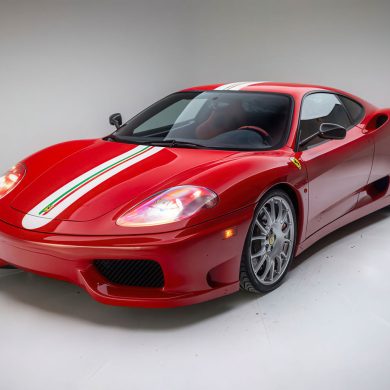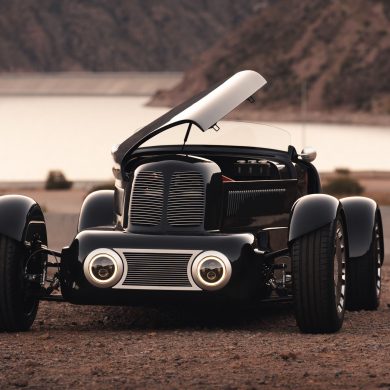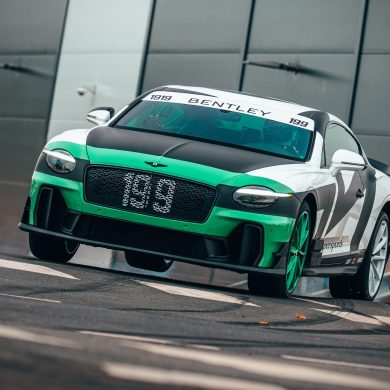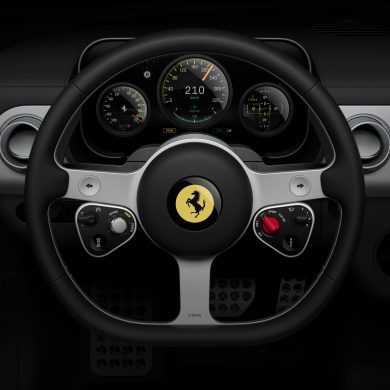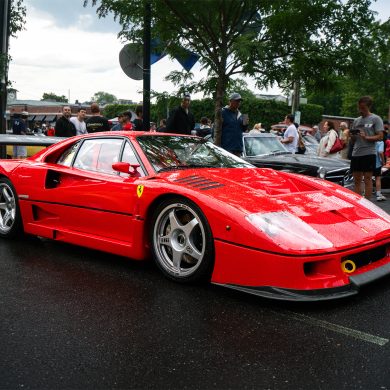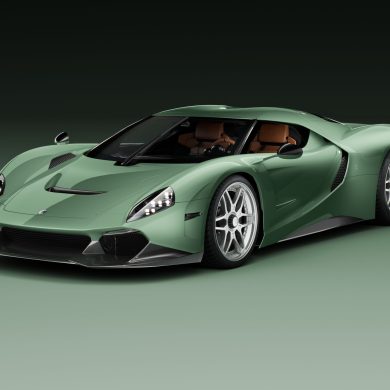After 36 seasons, time seems finally to have caught up with Formula Atlantic. We are saddened to report that the most prolific training category in American open-wheel racing history appears to have run its course. Current series owner Ben Johnston recently announced that “due to the downturn in the global economy and the subsequent shortage of funded drivers, the Cooper Tires Presents the Atlantic Championship Powered by Mazda will go on hiatus until global conditions improve.”
Although Johnston insists he intends to bring the series back when conditions improve, the history of similar hiatuses is not a promising one. Although somehow always something of an orphan in the disorganized world of American open-wheel racing, Atlantic carried on anyway, but dwindling entry lists during recent years—one result of the proliferation of secondary formulae—and the current economic crisis seem to have done it in.
A natural evolution of Formula B, created by the SCCA in 1965 to succeed Formula Junior, Atlantic first appeared in North America as the Canadian National Championship in 1974. It was quickly hailed as an ideal steppingstone for Formula One and, as it turned out, Indycars as well. Atlantic’s nimble and well-balanced single-seaters gave their drivers firm foundation in the fundamentals of their chosen profession, from the basics of setup, car control, and wheel-to-wheel combat to the nuances of dealing with sponsors and the media.
Atlantic started fast, almost immediately producing Gilles Villeneuve, whose meteoric success launched his own career and the dreams of countless others. The list of graduates includes many names we have come to know, from Bobby Rahal, Keke Rosberg, Price Cobb, Tom Klausler, Elliott Forbes-Robinson, Danny Sullivan, and Jacques Villeneuve the brother from the early days, to Michael Andretti, Paul Tracy, Jimmy Vasser, Scott Goodyear, Johnny O’Connell, Jacques Villeneuve the son, Patrick Carpentier, Buddy Rice, Sam Hornish Jr., Dan Wheldon, A.J. Allmendinger, and Danica Patrick in later years, to name only 20.
Those graduates helped generate an impressive list of successes as they furthered their careers, including two World Championships and 22 F1 triumphs, four Indy 500 victories among 176 Indycar wins and a dozen championships. Former Atlantic regulars have also scored two wins in the 24 Hours of Le Mans, three at the 12 Hours of Sebring, and nine in the Rolex 24 at Daytona. Today former Atlantic champions and graduates are active and competitive in Indycars, NASCAR, ALMS, and Grand-Am.
Over the course of those 36 seasons Atlantic was kept alive by dedicated management—most notably from Vicki O’Connor—as it bounced around a handful of sanctioning bodies, but could not have survived as long as it did without welcome support from first Toyota and most recently Mazda. Although it had devolved into a spec-car class by the end, Atlantic still attracted aspiring young drivers hoping to capitalize on the opportunities and exposure it offered. Now that dream may be over.
By John Zimmermann


